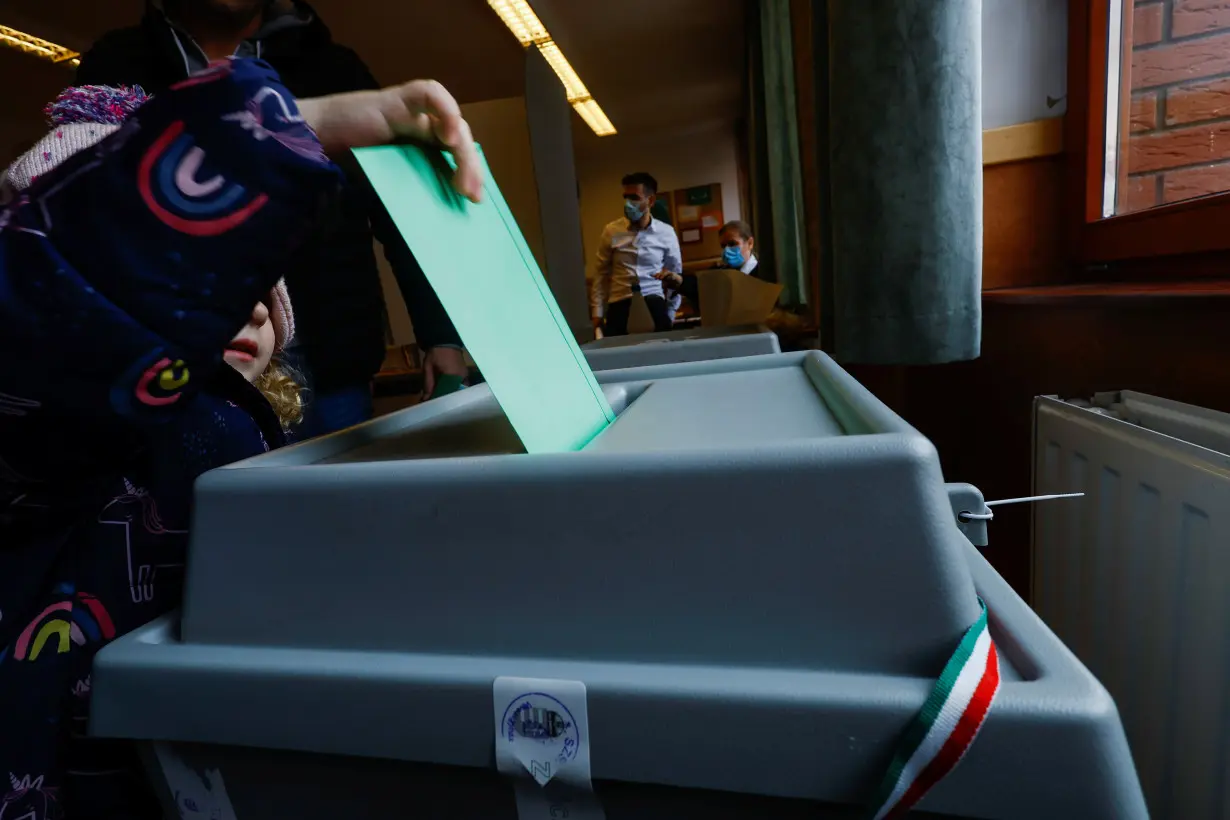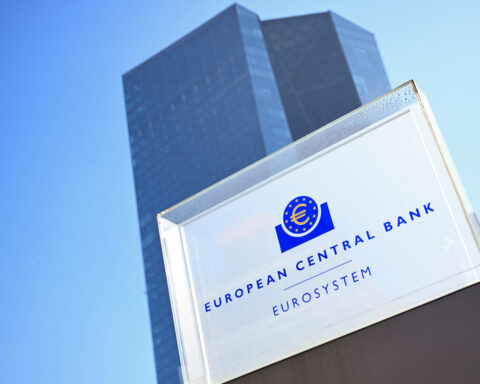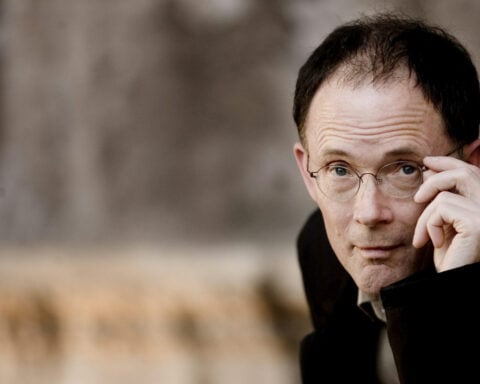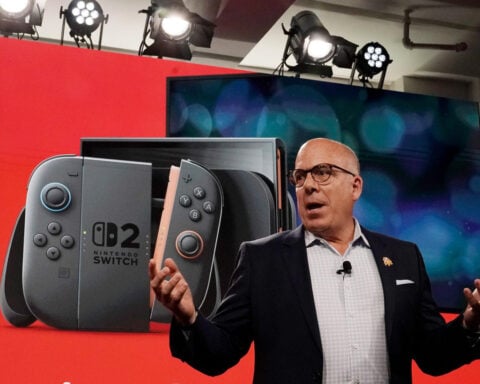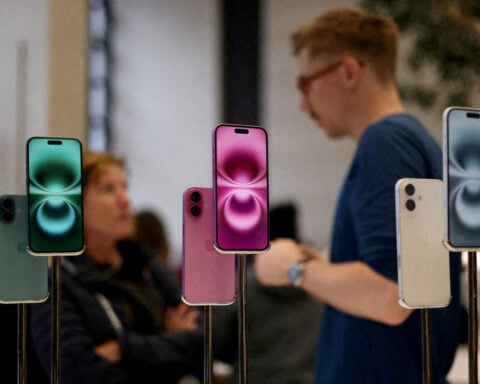By Raphael Satter
ARLINGTON, Virginia (Reuters) - Private spy firm Black Cube was behind a hidden video campaign that used LinkedIn to target Hungarian activists and journalists leading to last year's election in the central European country, the professional networking site said on Thursday.
A researcher for Microsoft-owned LinkedIn said Black Cube, based in Israel, created a network of fake personas that used bogus job postings to connect with their targets on the platform.
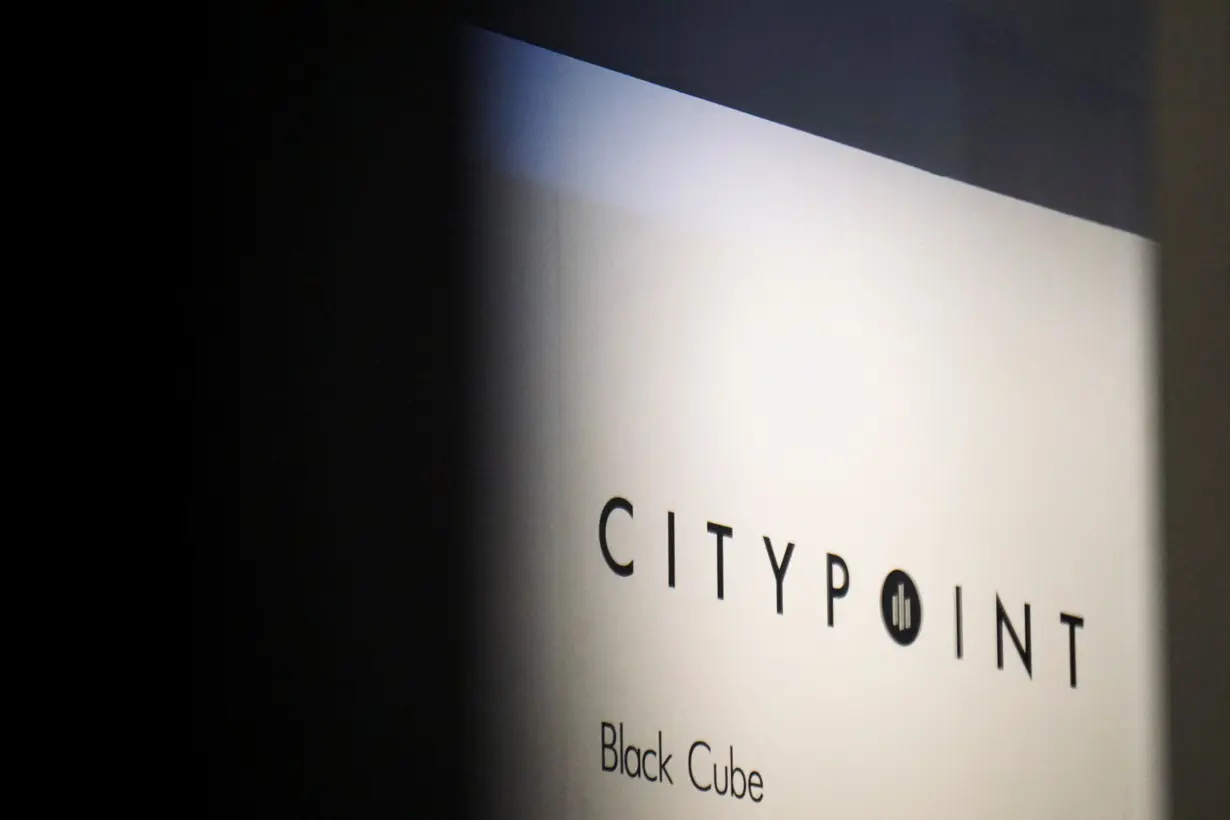
"Subsequently, video conversations occurred with some of the targets off-platform and clips from those conversations were used as part of a campaign to discredit NGOs (non-governmental organizations) in Hungary," the researcher, Mona Damian, said at the Cyberwarcon conference in Arlington, Virginia.
Damian said a network of fake Black Cube-run LinkedIn accounts had been taken down and that Black Cube's LinkedIn company page had also been removed "given the high volume of abuse and clear violation of our terms of service."
Black Cube did not immediately respond to messages seeking comment. The company, which once performed undercover work for Hollywood rapist Harvey Weinstein, has previously said, speaking generally, that it "does not operate in the cyber world" and that its actions were "fully compliant with local laws."
LinkedIn did not say who the firm might have been working for. It did not respond to a follow-up question seeking details of how many fake accounts it took down. A Hungarian government spokesperson did not immediately return a message seeking comment.
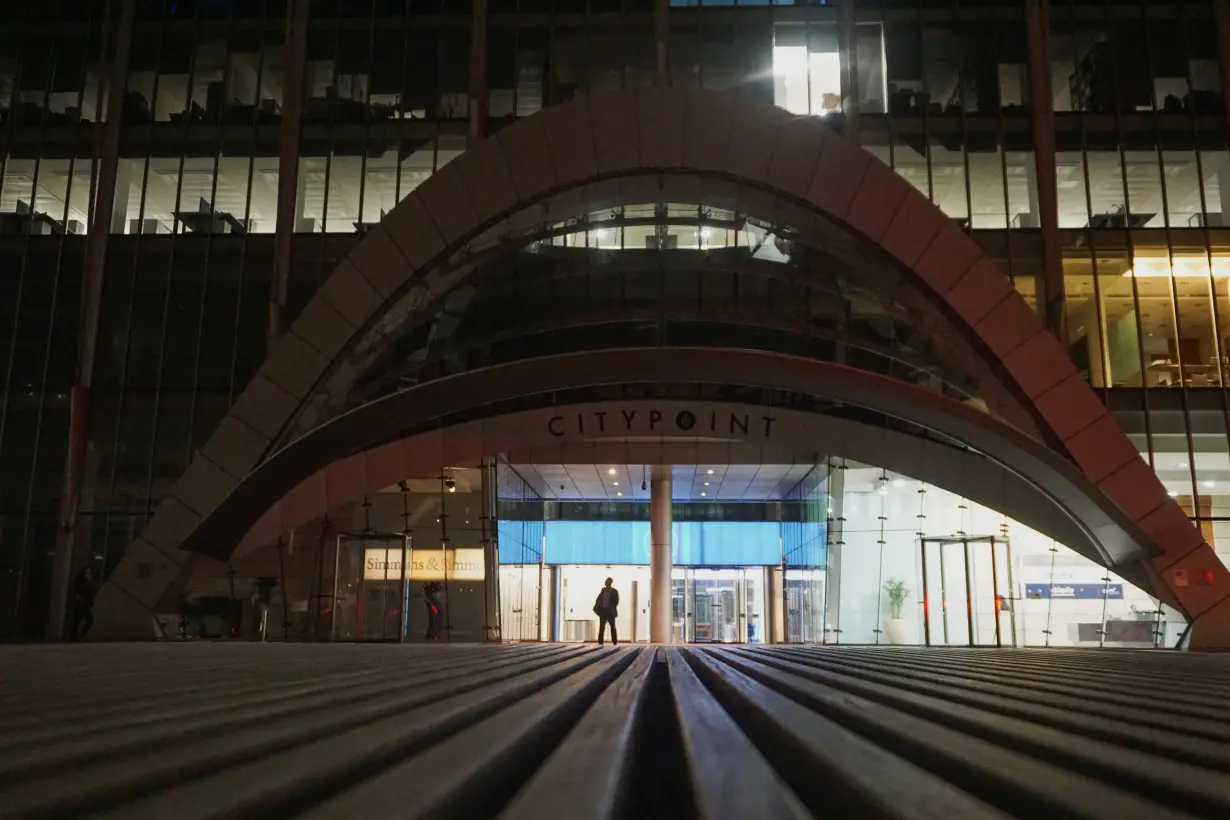
Politico has reported that Black Cube has previously been accused of interfering with Hungary's 2018 elections after undercover operatives secretly taped NGO leaders at upscale restaurants and published the footage on right-wing news outlets.
The operation attributed to Black Cube by LinkedIn began in 2020 and targeted at least 12 activists and journalists who have been critical of Hungarian Prime Minister Viktor Orban. Reuters spoke with them last year after several were secretly recorded over video calls. Their conversations were later published in pro-government media ahead of Hungary's April 2022 elections.
That vote delivered a landslide victory for Orban, whose government regularly portrays NGOs and journalists as tools of outside forces.
One of the targets of the hidden camera campaign, former director of Amnesty International Hungary Orsolya Jeney, said the footage received wide coverage ahead of the vote.

"It was all over Hungarian media for two weeks," she told Reuters. "It was really used for propaganda."
Dalibor Rohac, senior fellow at the Washington-based American Enterprise Institute and another one of those targeted, said he had no idea whether the campaign played a role in helping Orban win, but he said the operation was "telling when it comes to the overall atmosphere in Hungary."
"Hungarian elections might be called free but they're definitely not fair," he said.
(Reporting by Raphael Satter; Editing by Rod Nickel)

 Trump has begun another trade war. Here's a timeline of how we got here
Trump has begun another trade war. Here's a timeline of how we got here
 Canada's leader laments lost friendship with US in town that sheltered stranded Americans after 9/11
Canada's leader laments lost friendship with US in town that sheltered stranded Americans after 9/11
 Chinese EV giant BYD's fourth-quarter profit leaps 73%
Chinese EV giant BYD's fourth-quarter profit leaps 73%
 You're an American in another land? Prepare to talk about the why and how of Trump 2.0
You're an American in another land? Prepare to talk about the why and how of Trump 2.0
 Chalk talk: Star power, top teams and No. 5 seeds headline the women's March Madness Sweet 16
Chalk talk: Star power, top teams and No. 5 seeds headline the women's March Madness Sweet 16
 Purdue returns to Sweet 16 with 76-62 win over McNeese in March Madness
Purdue returns to Sweet 16 with 76-62 win over McNeese in March Madness
